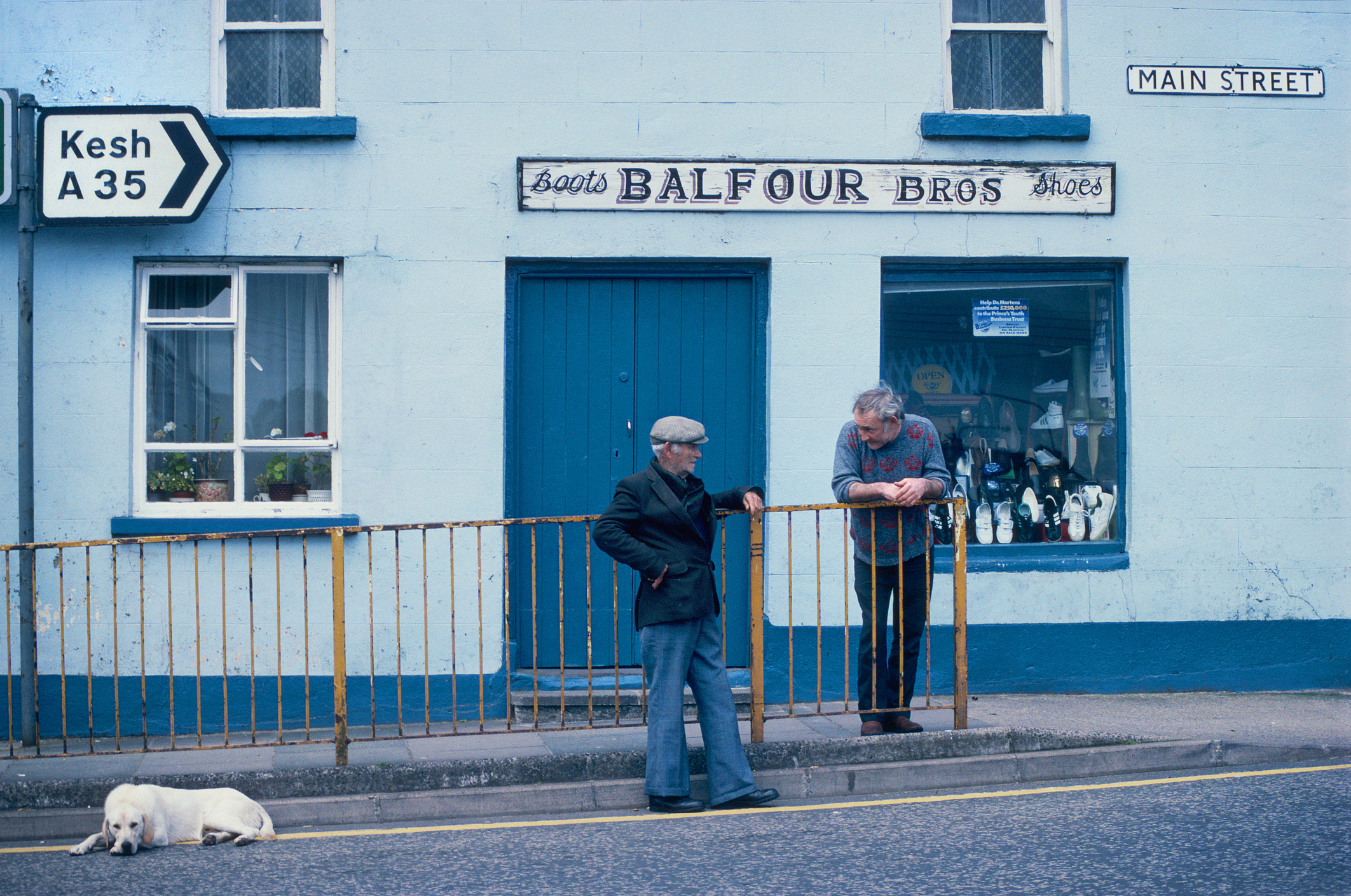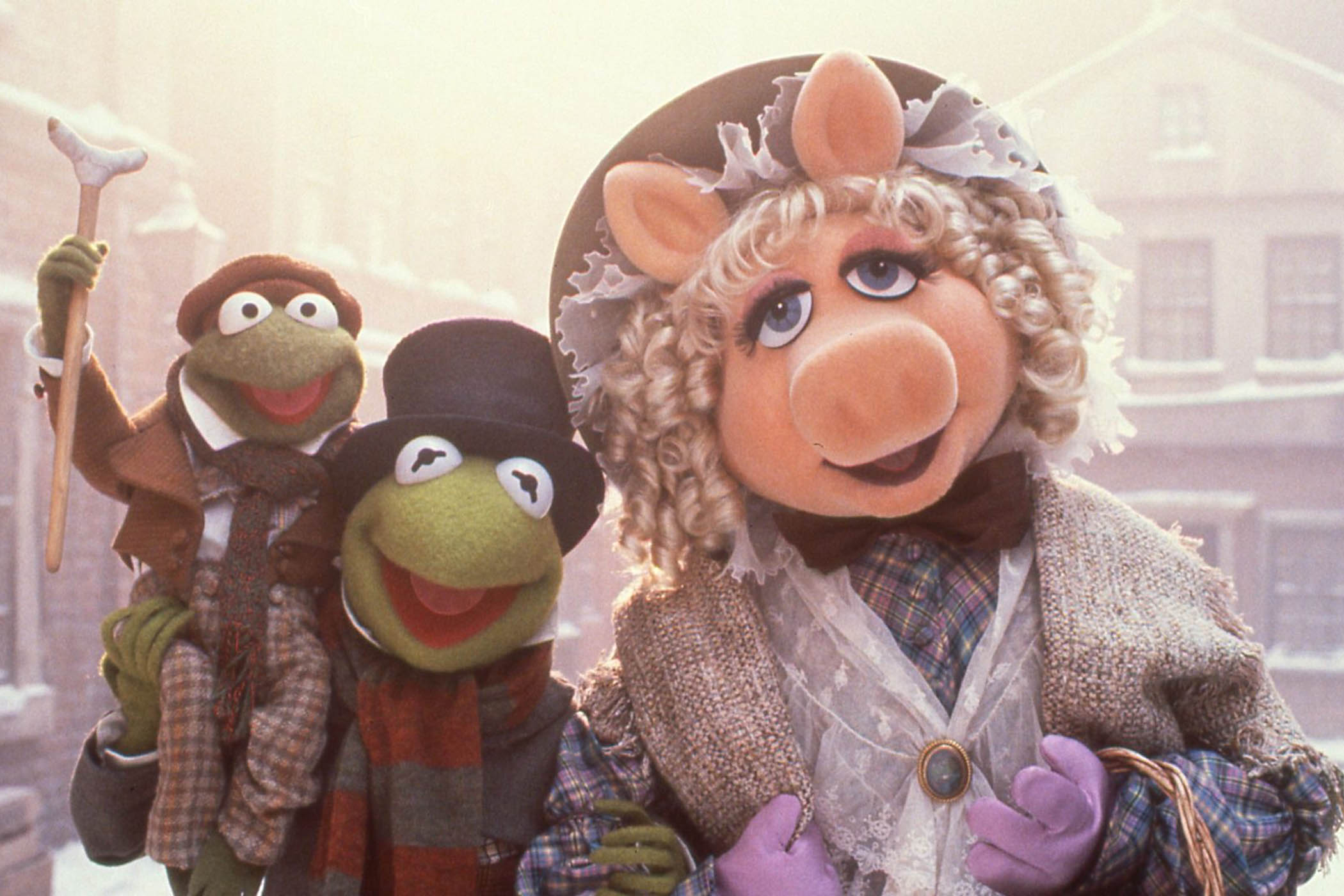My sister Mairead had the idea: a weekend trip to Ireland where the family could get together, by ourselves, for the anniversary of my mother’s death. No partners, no kids, just us. In our case, this still involves quite a large gathering: 10 siblings, my cousin Caraiosa, and my dad.
One of the paradoxes of having such a big family is that I regularly see some of them, less regularly see others, very rarely see the whole gang, and never see anyone by themselves. The last time anything like this configuration of siblings was together with my dad, and no one else, must have been shortly before my oldest brother, Dara, left for Glasgow in 1995, and it’s unlikely Caraiosa had ever been with that exact cohort.
I should make it clear, here and now, that we are sentimental enough to consider our partners and children “family members”. But, aside from giving us a novel space in which to reflect on my mother’s passing between ourselves, this plan comes with practical benefits. My mother’s anniversary falls within term time so, with 20 school-aged children between us, meeting up with the whole gang would have been impossible to arrange.
Even out of term time, it’s a challenge. The head count for a full O’Reilly reunion comes in at 41 people. Housing all of us for a get-together is like navigating an away-day for a two-floor office services company, and involves more spreadsheets and WhatsApp polls than you would care to imagine. This might account for the enthusiastic support our partners give for the idea, as we take off for two days in my parents’ home county of Fermanagh.
We immediately settle into a gentle rhythm of catching up and winding down. Our home for the trip is two cottages with a gorgeous view of Lough Erne. Facing them is a toothsome jetty, occupied by an algae-riddled sailboat – named, unimprovably, “Brown Sauce” – from which we take walks on a short woodland trail that stretches along the lough’s rocky banks.
On Saturday, seven of us go for a sauna, baking ourselves in a large wooden barrel with a crystal-clear window looking directly out on to the glassy surface of the Lower Erne, a surface we intermittently break for tentative, cooling plunges. We talk of kids, and schools, and partners’ new jobs. We rattle my dad for memories of Mammy, and deliver rapid-fire questions about this part of the world in which we find ourselves, where he and she spent their early lives, and for which he has a recklessly detailed memory. Doing so engenders my favourite of my father’s moods, something I call “townland mania”; that zen-state of perfect calm experienced by any older Irish person when they get to list off the names of dozens of parishes, all of the people who lived there, and whatever scandals befell them many decades ago.
On the second night, auntie Patricia pops round. She – in the grand tradition of Irish nomenclature that demands even recklessly giant families adopt additional members – is not an aunt in the strictest sense. She’s my mother’s oldest friend, and a bottomless font of stories from their shared childhood in the small town of Derrygonnelly, all the way up to my mum’s premature death from breast cancer at the age of 43.
Decades melt away as we gaze at 40 years’ worth of parties, masses and weddings; a relentless stretch of bad haircuts and criminal shellsuits, of fat babies and surly teens
She is also the best storyteller I’ve ever met in my life. It was she who told me tales of my great aunt Maggie, who lived to be 106 and, until her dying day, cohabited with her two bachelor sons, for whom she was still cooking breakfast – and delivering semi-regular scoldings related to their drinking habits – well into their 80s.
Patricia was my mum’s first point of call for news of her many pregnancies, not least because she always seemed delighted by the news, whereas other friends might have begun to raise eyebrows as the population of the O’Reilly clan increased. Her reactions were not always so measured, however.
“Jesus Christ, Sheila,” she recalls exclaiming when she got the call about Mammy’s eighth child-to-be. “Oh,” my mother replied, mildly stung, “You’re usually pleased when I’m pregnant.”
“Jesus, Mary and Joseph,” she shot back, “Please don’t think you have to keep doing it to make me happy.” It speaks to their friendship that this light wounding quickly cleared. Not that my mother was deterred either way, since she went on to have three further children. I should be thankful, I guess, since the first of those was me.
To our astonishment, Patricia produces hundreds of photos she’d taken at our various family gatherings over the years. Though new to us, some are so similar to those in our own scrapbooks, it’s clear they were snapped at the exact same time a few inches away, and they hit us like dazzling new alternate takes from the studio sessions of a beloved album. Decades melt as we wile away the darkening hours, gazing at 40 years’ worth of parties, masses and weddings; a relentless stretch of bad haircuts and criminal shellsuits, of fat babies and surly teens; an unbroken continuum of joy, warmth and laughter, before my mum’s passing, but many years afterwards, too.
And then comes a letter from Mammy herself, one we’ve never seen before, written when Patricia’s mum had died in 1979. We reel at one passage, in which she relates the pain she felt when her own mother passed, and ends with a note of consolation that seems eerily apposite for those here gathered in her memory, 34 years to the day since she died.
“Though Mammy was gone, everything I saw, heard, touched seemed so full of her memories” she wrote. “There comes peace though, too.”
Photograph: Getty Images


